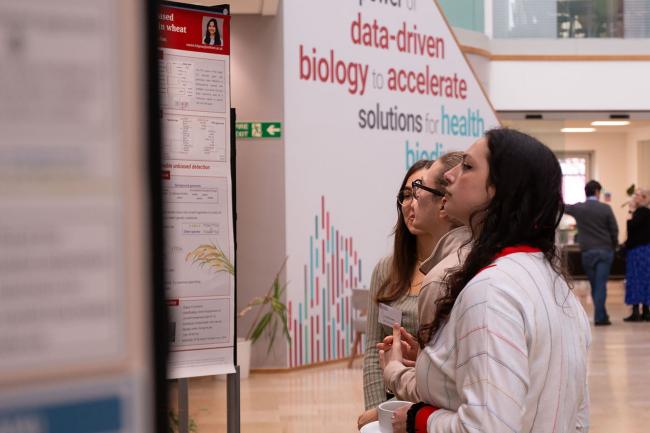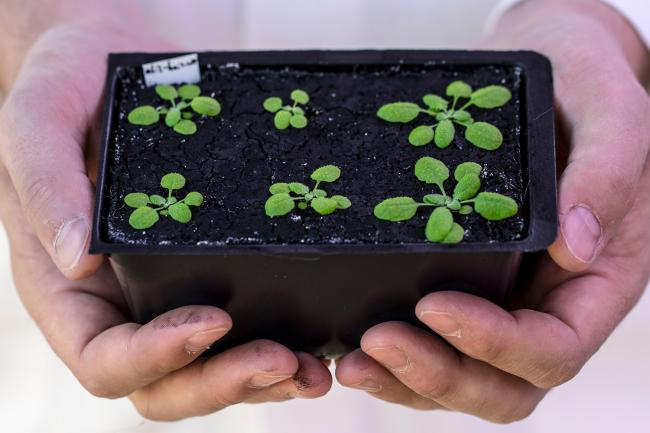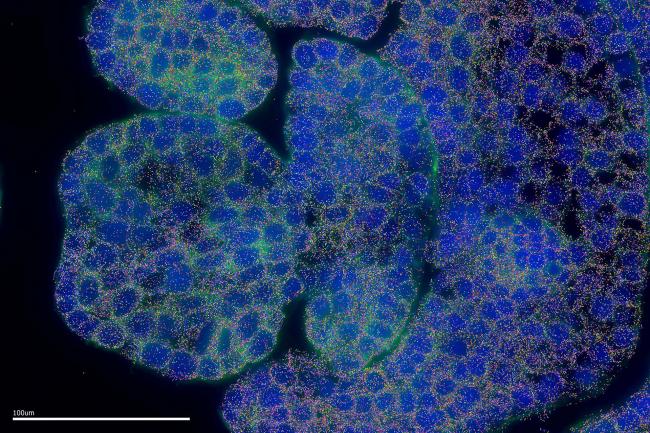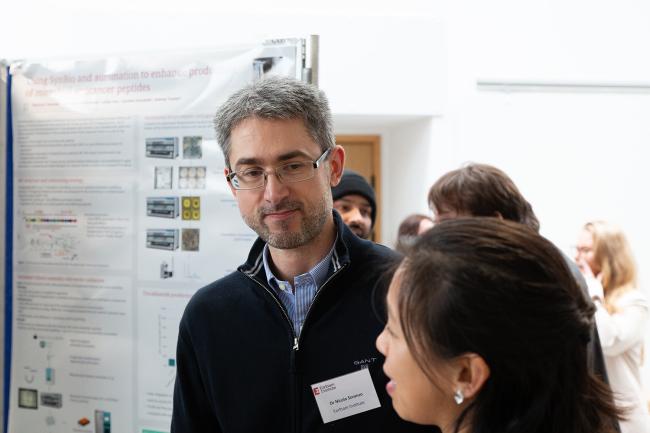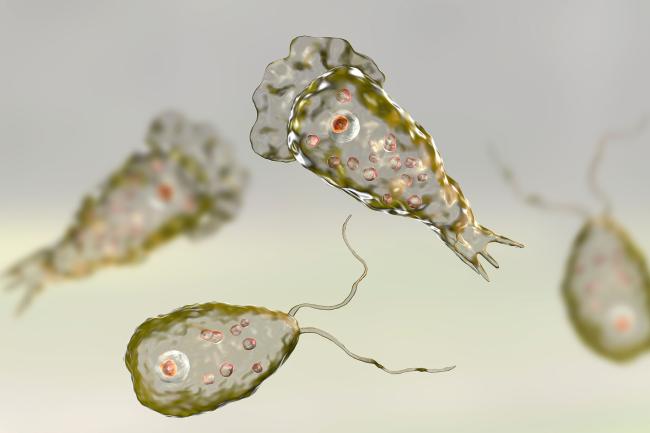
The recent revolution in genomic technology has provided crop scientists with the opportunity to generate an enormous amount of information about how plants grow under different environmental conditions. However, making sense of this information is extremely difficult as it relies on computational expertise that many crop scientists do not possess.
A team of scientists from EI and JIC, led by crop geneticist Dr Cristobal Uauy, have used their expertise to develop a novel database analysis software tool called expVIP (expression Visualisation and Integration Platform). This is specifically designed to help the worldwide community of crop scientists get more out of their data.
ExpVIP allows researchers to submit information from any species into a single web-based tool that will provide a full analysis of their expression data. This enables scientists and breeders to know where and when genes are expressed in their favourite plants.
Dr Uauy, said: “This new tool will accelerate scientific discoveries by enabling researchers and breeders to more easily place their discoveries in the context of previous knowledge.”
Most of the world’s major crops are polyploid, meaning they have multiple copies of a very similar set of genes. This makes analysis of gene expression notoriously difficult. However, expVIP is designed to tackle this effectively and simplifies the interpretation and linkage of this complex data.
As a proof-of-concept, the scientists used expVIP to analyse publicly available data from wheat plants grown under a variety of growth conditions. Over 400 datasets which were previously separate and were not easily accessible to most breeders and researchers have now been opened up and linked thanks to this resource. This analysis and an explanation of the expVIP tool is available at http://www.wheat-expression.com/.
Ricardo Ramirez-Gonzalez, PhD student at EI and JIC and a member of the team who created the new tool, said: "ExpVIP makes the analysis of big data from expression experiments more accessible, enabling the research community to focus on the biology behind the experiments."
Philippa Borrill, a BBSRC Anniversary Future Leader Fellow and expVIP team member, envisages that: "the ability to visualise the expression patterns and infer the functions of genes presents a tremendous opportunity to improve major food crops".
Analysis of genomic data is a key aspect of future strategies that researchers will use to develop improved crop species that are able to flourish in the world’s changing climate. The expVIP tool is an important step to help researchers without advanced computer skills to get the most out of their data, ultimately, better preparing them to develop improved crop varieties.
This work was supported by the Biotechnology and Biological Sciences Research Council (BBSRC), the International Wheat Yield Partnership (IWYP) and from EI at Norwich Research Park.




